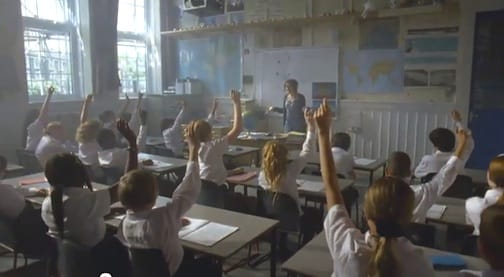By comparing "failed" and "successful" environmental campaigns, the article asserts that it is necessary to consider one's target audience when selecting messages and messengers.
Jacqueline Stewart, an environmental studies major at George Washington University, asks whether extremist communication efforts help or hinder the environmental movement. She finds divergent communications recommendations from researchers, some who believe that communicators should address the concept of urgency without appealing to fear, and others who see the value in capturing an audience's attention with apocalyptic narratives.
Stewart outlines the following ideas in the article:
- It is important to know your audience and how you are perceived as an organization. "Radical" and "mainstream" groups face different challenges and operate under different guidelines.
- Shocking and controversial images can garner attention, but when they fail to connect with an audience's values, the organization risks losing support.
-
The extreme messaging of radical groups may at times serve to legitimize the work of mainstream organizations by comparison.
-
"Successful" messages use humor to temper alarming messages and connect to viewers' daily lives and values.
"In the end, it’s a truism that communicating climate change most effectively depends on the specific messenger, the specific message being communicated, and the circumstance at play at a given time."


